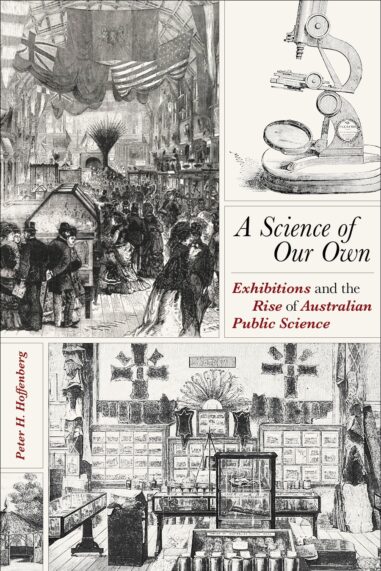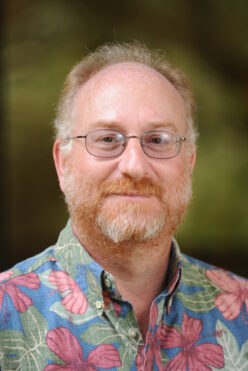

Hardcover $45.00
Request Exam or Desk Copy. Request Review Copy
A Science of Our Own
Exhibitions and the Rise of Australian Public Science
A Science of our Own tells the story of Victorian ‘science on show’, and surveys the vital role of the Exhibition Movement of the 19th century in transforming science from the realm of private pastime to public mission. Science for the public, soon becomes science for the nation, and a dynamic force in British colonial and imperial history. Hoffenberg capably brings a dimly lit, long-neglected story to light, gives it sparkle, and makes it shine.

